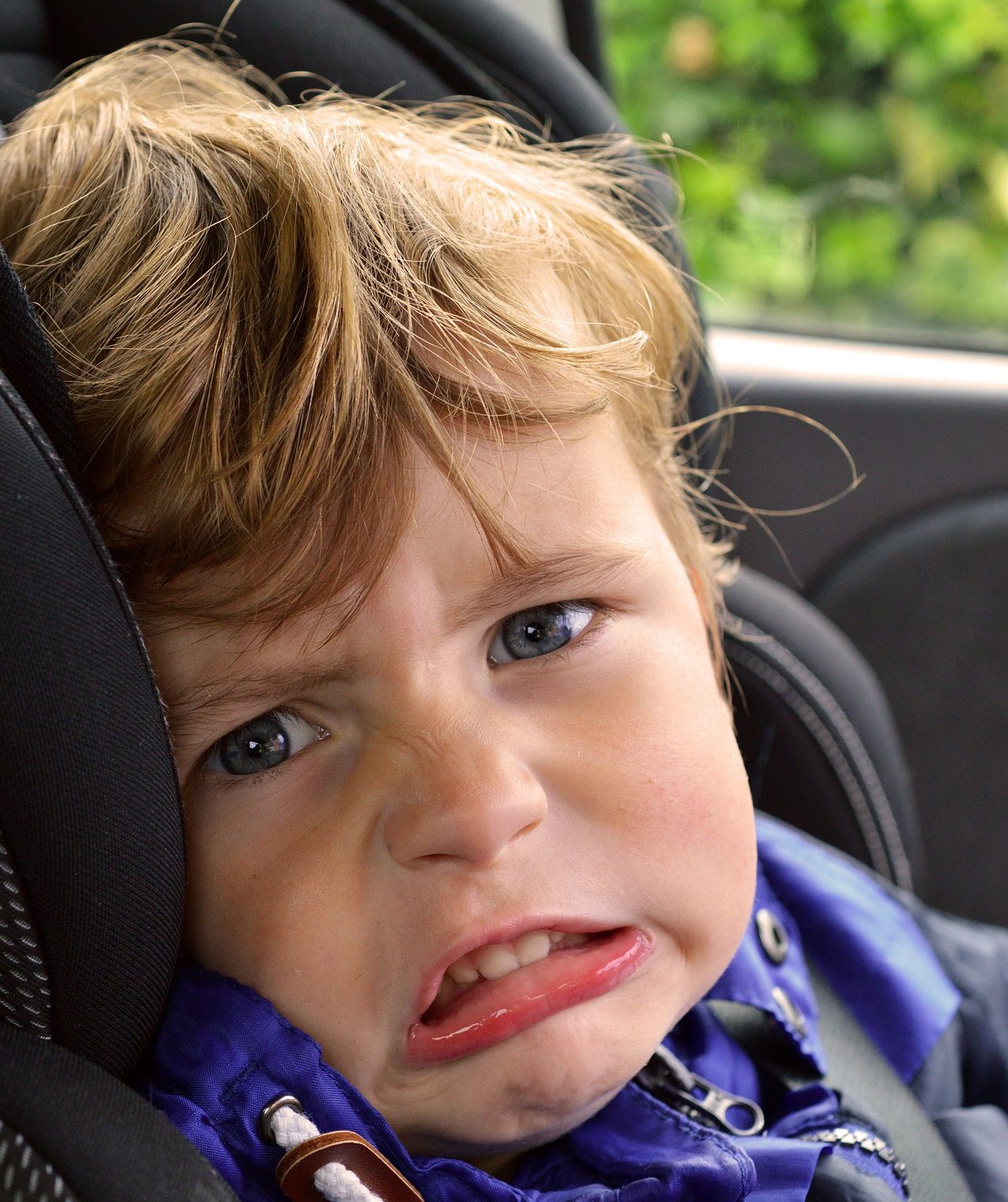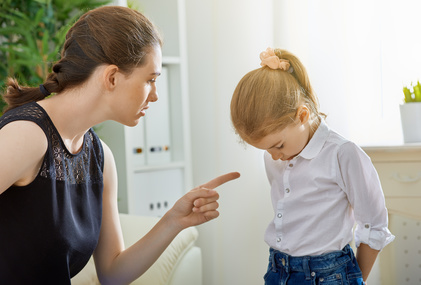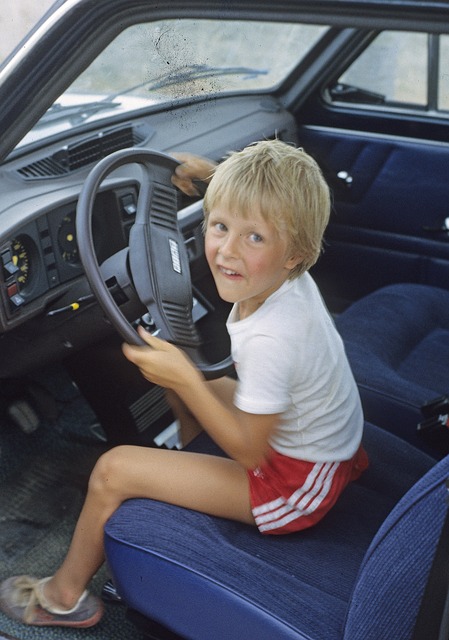 In our everyday lives, we place labels on many things, such as food, clothing, even people. We label people based on various social and biological features (age, gender, ethnicity, religion, race, occupation, appearance, etc.). While some labels are useful in categorizing information we process, such as “friendly or harmful,” other labels are not.
In our everyday lives, we place labels on many things, such as food, clothing, even people. We label people based on various social and biological features (age, gender, ethnicity, religion, race, occupation, appearance, etc.). While some labels are useful in categorizing information we process, such as “friendly or harmful,” other labels are not.
Labeling theory, first developed by Howard Becker (1963), has highlighted the negative effects of labels on the people who are labeled. Parents (also caregivers and adults) easily label children without consciously realizing it. Labeling children typically entails using an adjective to describe a child’s character, behavior or appearance. For example, one may say, “He is too shy. She is bossy. He won’t try that. She is a leader. He is a natural-born artist. She always cries.” What adults say, especially parents, carries a lot of weight with children, and surprisingly, they are extraordinary listeners.
Labels can greatly influence how children view themselves. Just because children demonstrate a pattern of behavior at one time does not mean they should be labeled as such. For example, if a child continuously hears “she is a picky eater,” then she may well become a picky eater because her parents always say she is one.
The Dangers of Labeling
1. Labeling affects the way children see themselves.
The way parents (or other adults) label a child can have a lasting impact on how that child thinks of him or herself. When a child has been labeled, that label will become a part of his or her identity. Labels often do more damage than good by putting children in boxes.
2. Labeling influences the way children are treated.
When children are given labels, it affects not only the way they see themselves but also what is expected of them and how they are treated, which in turn, influences who they become. For example, a strong-willed child labeled as a “troublemaker” will likely make it difficult for parents to show empathy and make the effort to correct the problem behavior.
3. Labeling limits children’s potential.
Even if labels are not necessarily negative, such as “shy, kind, athletic, or creative,” they can still be of influence and place limits on a child’s potential. This is also true with positive labels. Children may explore all types of interests, activities, and careers throughout their lives, so it is best not to label them as an“engineer,” a “girly-girl” or “math genius.” When children learn that anything is possible, they are more willing to take risks and work hard.
Choosing the Right Words
When children are labeled, it can affect their sense of self and how they are treated, and limit their potential. Negative labels can make parents (and caregivers or adults) expect the worst, and even positive labels can be a hindrance.
Remember when talking about a child, that labels can be difficult to remove. It is never too late to change and realize the negative impacts of labels, to become aware of a negative perception you may have, or to work to reframe that image. To avoid unfavorable labeling, think before you speak and choose your words wisely. Consider the cost of the potential label and how it will affect the child now and in the future. Use labels and/or words that will offer encouragement and support.
Practice Reframing a Potential Label
Instead of labeling a child as “a kind child” or “a helpful person” try to say “You are being kind” or “He was very helpful.” Instead of saying “You are shy” or “Don’t be shy,” try statements such as, “It takes a little while for you to feel comfortable with new people,” or “You are talkative with people you know well.” Instead of labeling a child as a “whiner,” “cry-baby” or “selfish,” use descriptive, more positive words such as “tenderhearted” and “aware of their own feelings.” Instead of saying “ugh, you are so picky!” say, “that’s okay if you don’t want to try it this time.” Avoid limiting a child by labeling them unintentionally.
Children are growing, developing and changing, and have endless potential. It’s important we don’t hinder this with harmful or hurtful labels.
Excerpted from “Avoid Labeling Your Child,” a fact sheet from the University of Nevada, Reno. Read the source article online.
Source: University of Nevada | Avoid Labeling Your Child, https://extension.unr.edu/publication.aspx?PubID=3011 | copyright University of Nevada, Reno
Do you need someone to talk to? To schedule an evaluation or to get advice about your child’s or teen’s challenges, call or email a CHC Care Coordinator at 650.688.3625 or careteam@stage.chconline.org CHC teletherapy services are available now.




